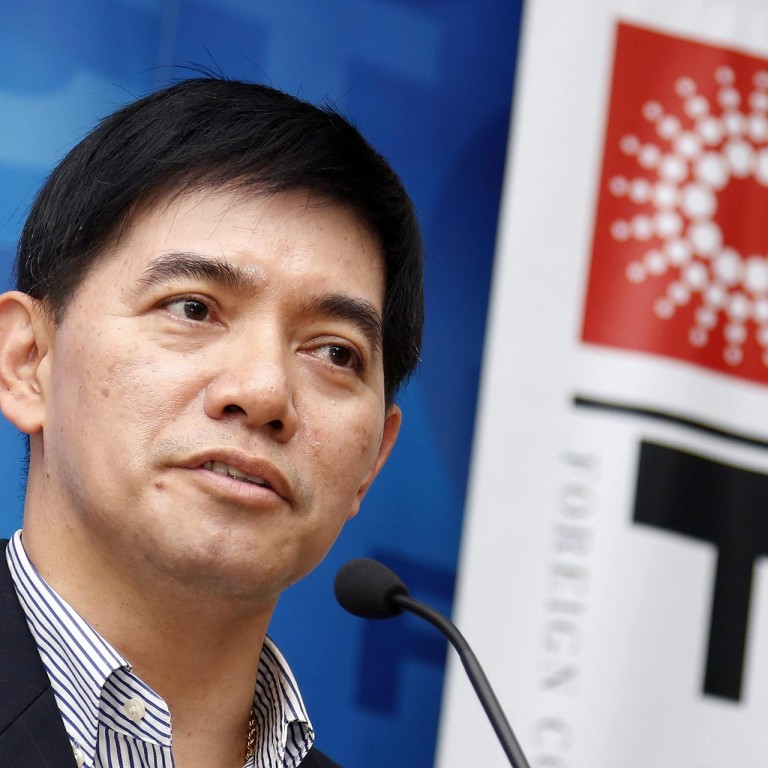
Don't call this a coup, say Thailand's military rulers
Despite hundreds of people being held without charge, army chiefs insist all that has happened in Thailand is a change of the administration
Thailand's military rulers have a message for an international community concerned about their recent takeover of the country: it's not a coup.
Having used the threat of military trial to stifle criticism of the junta in the Thai press, schools and on the streets, army chief Prayuth Chan-ocha is sending diplomats to explain the situation to foreign governments and ask for understanding. The military is also asking the media to make a few tweaks.
"Please avoid using the word coup because the context of what happened in Thailand is completely different," junta spokesman Colonel Werachon Sukondhapatipak said on Wednesday night at the Foreign Correspondents Club of Thailand. "The only thing that happened in Thailand is the change of the administration of this country."
After ousting the elected government on May 22, the army suspended the constitution and banned political activities, enforced a curfew and put soldiers in television stations.
It ordered more than 300 people to report in, including politicians, protesters, journalists and academics. Those who report are held in army camps for up to a week; those who don't become fugitives whose assets can be frozen and face two years in jail.
"I don't like the word detention," Werachon said. People are asked if they need anything "apart from the air condition, apart from the good food, apart from the activities that we provide, apart from all kinds of facilities that make you feel time passing by so quick and apart from the entertainment that we provide? This is detention?"
Instead of summoned, Werachon uses the word "invited", and rather than detained uses "remain in army accommodation". "We just want to provide them a cooling-off period in order for them to think over the situation and we don't want them to have any other influences from outside," he said.
The junta says it had to take control because months conflict killed at least 28 people, paralysed the government and risked civil war. It seized power days before groups were set to intensify rallies both in opposition and support of Yingluck Shinawatra, who was removed as prime minister by a court in May.
"This is not the democracy that we want," Werachon said. "We want something sustainable. That is why I am saying that we are not destroying democracy, we strengthen democracy."
Prayuth says he staged the kingdom's 12th coup since 1932 to "return happiness to the Thai people". He has said there can be no elections until the system is reformed - a process that will take at least 15 months - and the country is united.
Prayuth held a meeting on Wednesday with Thai ambassadors to key countries to brief them about the plans of the National Council for Peace and Order, the junta's official name.
"It's impossible for all countries to agree with our action to seize power this time," Prayuth said. "Our job is to ... make them understand and accept that things will ease when they understand the NCPO's intention."
The coup has been criticised by countries such as the US, Britain, Japan and Australia, with some suspending military cooperation. Rights groups have voiced concern about post-coup detentions and the crackdown on freedom of expression.
"The Thai junta's detentions are exacerbated by holding people in secret," Brad Adams, the Asia director at Human Rights Watch, said. All those "held without being charged with a credible offence should be freed immediately", he added.
-
A prominent anti-coup activist faces up to 14 years in prison if convicted of incitement, computer crimes and ignoring a summons by the junta, police said.
Sombat Boonngamanong, who led a social media campaign to stage peaceful but illegal rallies against the junta, is set to stand trial in a military court.
